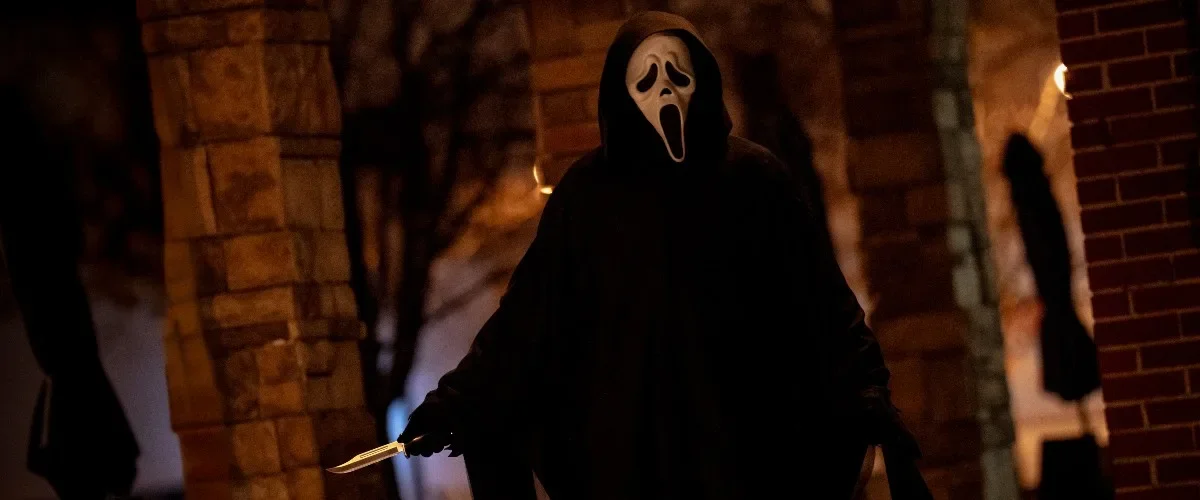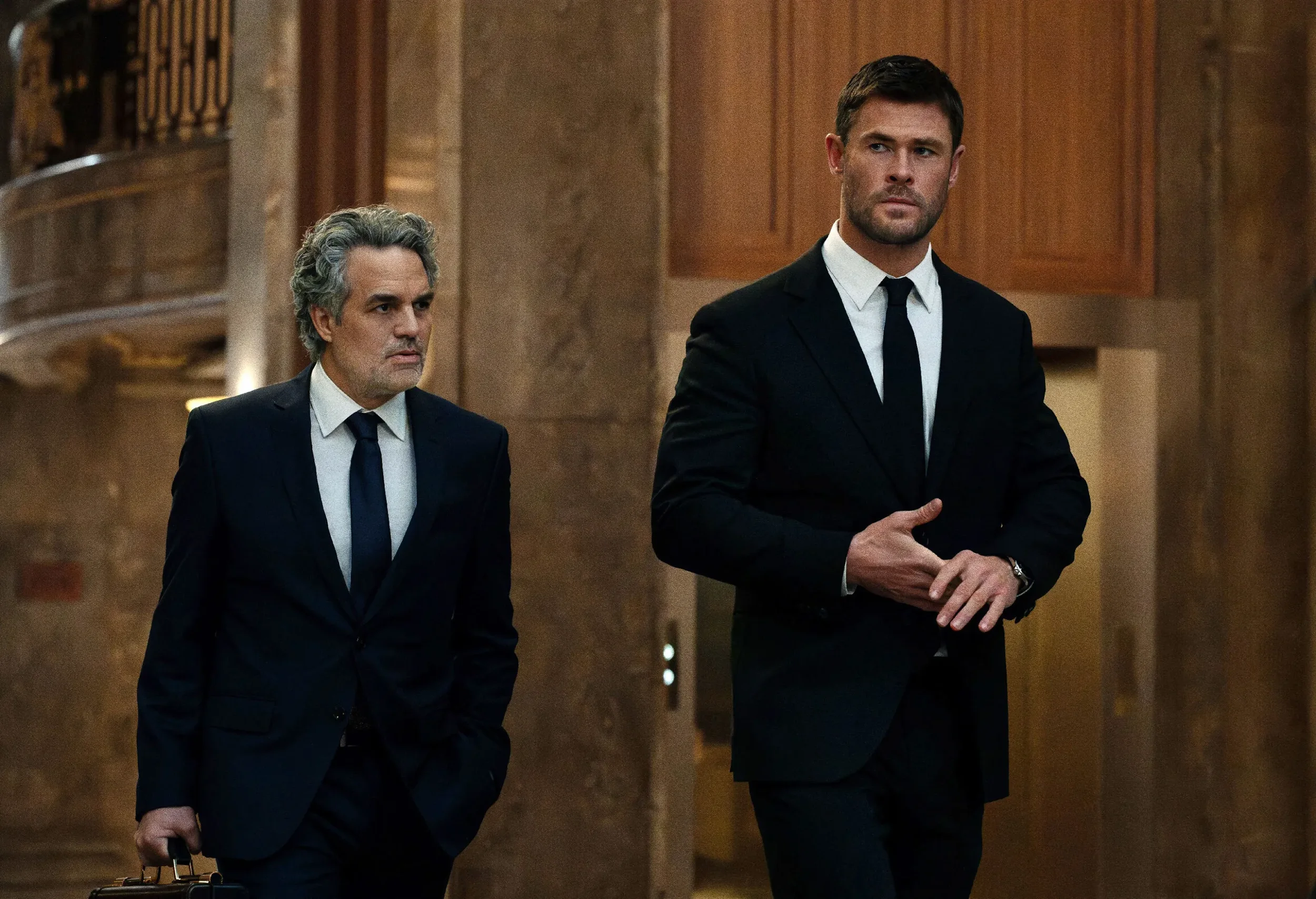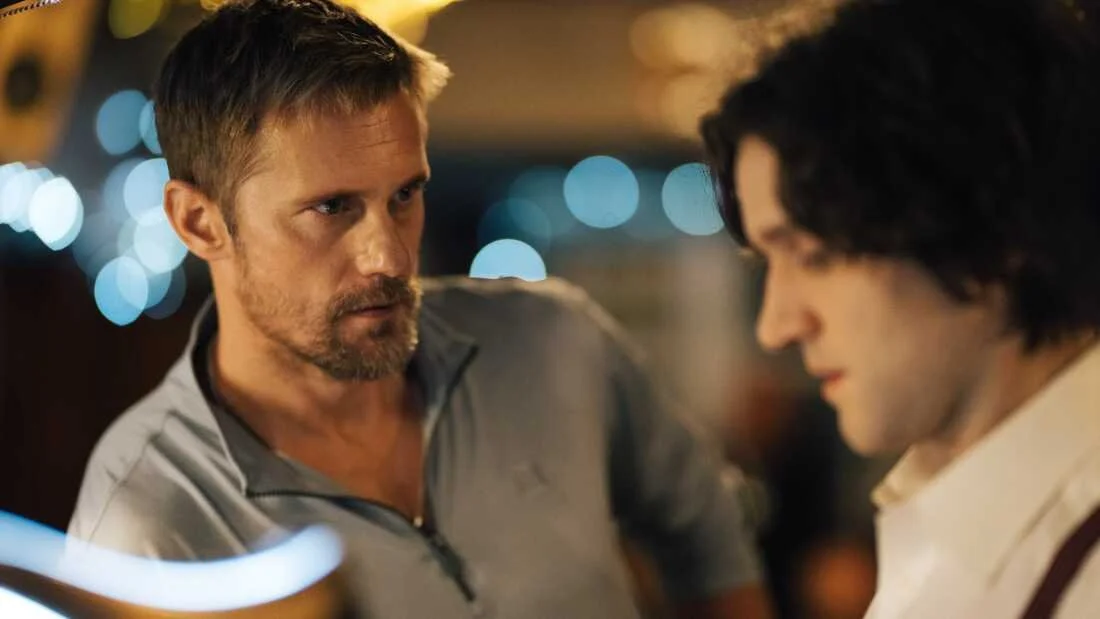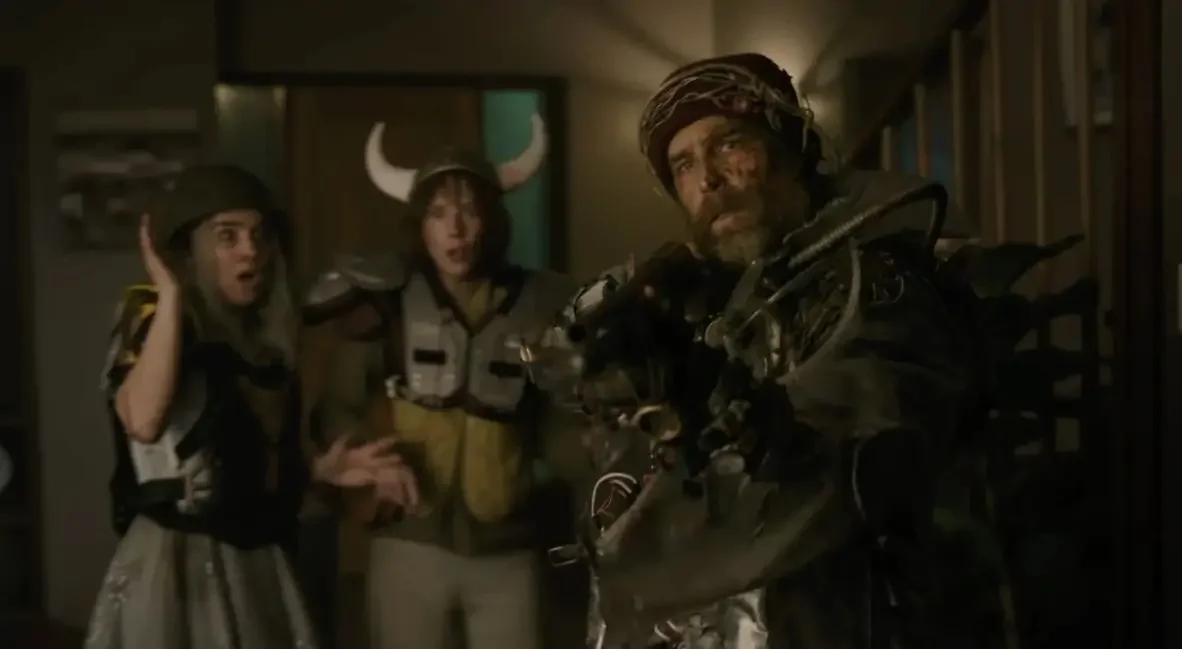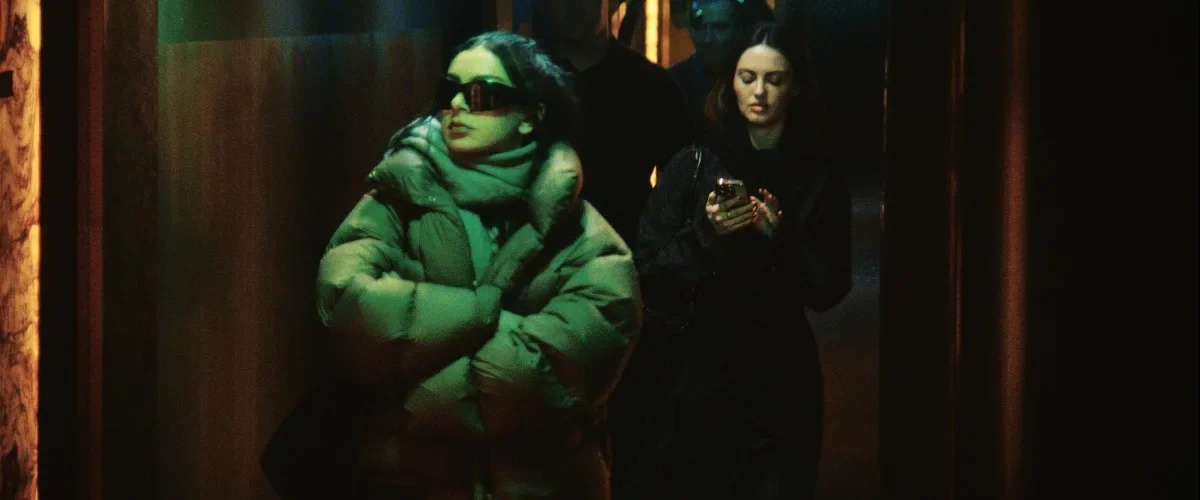SCREAM 7
Directing: C
Acting: B
Writing: C
Cinematography: B
Editing: C+
Here’s a pro tip on Scream 7: go in with your expectations in the toilet, and you might still have kind of a good time. That was my experience, anyway. That doesn’t mean the movie is good. In fact it might be the worst one yet. It’s certainly the worst-reviewed of the entire franchise, by a pretty significant margin. A lot of media coverage wants us to know Scream 7 is expected to have a “franchise high” opening weekend box office total, but that spends little time noting that this franchise is thirty years old, and that $40 million in 2026 is the equivalent of little more than $19 million in 1996. So sure, the original Scream earned all of $6.35 million its opening weekend that year, but it eventually earned over $100 million domestically—and then Scream 2 opened to $32.9 million its opening weekend just one year later in 1997, the equivalent of nearly $66.6 million in 2026. Might point is, suddenly the “franchise high” of $40 million thirty years in doesn’t seem all that impressive, does it?
Granted, it’s still more than Scream 7 deserves. I’d say it’s beyond me why people even keep going to see these movies, except that I just did—in fact, Scream 7 is the first film in the entire franchise for which I am writing a full review (I saw the first three in theaters, but only ever saw the other three streaming, nearly all of them well after their theatrical run.) I did ask in my personal blog after seeing the 2022 Scream reboot: How many fucking movies do we need in this franchise, anyway? A good question to keep asking. There were only five at that time.
The Scream franchise is becoming a victim of its own success, the only difference from overlong horror franchises of the eighties and nineties being the protracted time in which it happened. The Friday the 13th franchise had seven films within eight years; A Nightmare on Elm Street within ten. I suppose we could look to the Halloween franchise, which is now has a history of 46 years and counting—that one hit seven films within 20 years, so still 33% shorter than it took Scream movies to get there. Halloween managed an additional six films within the next 24 years. How many Scream movies are we going to have 50 years into its franchise life? How old will Neve Campbell be in 2046, anyway? (She’ll be 73. It’s worth noting that Jamie Lee Curtis was 63 in the 2022 film Halloween Ends.)
Anyway, the first four Scream films all had a key element in common, that being that they were all more fun than anyone could have reasonably expected them to be, especially as they went on. The next three films have had the opposite thing in common: none of them have been as good as they could have, or should have, been. Why don’t the people making these films put all that work and effort into making something original and actually good? We all know the answer to that, of course, and I’ll just mention here that Neve Campbell, who appeared in the 2022 Scream reboot, declined appearing in Scream VI because she felt she was worth more than she was offered for the part. And for Scream 7, she was paid nearly $7 million.
I really felt that both Scream (2022) and Scream VI (2023) were overrated, and in this new era of the franchise there’s not enough of the meta elements that made the early films special. You’d think that reuniting Neve Campbell with Courtney Cox for Scream 7 would infuse the franchise with some new energy, even if it’s mostly about nostalgia—the very thing referenced in the one dialogue exchange this go-round about “the rules” of how these movies are supposed to go. With nothing more along those lines, and nearly none of the large amount of humor that also made the earlier films work so well, one is left feeling a bit like this was all time wasted.
Scream movies are also all murder mysteries, and the one that unfolds in Scream 7 is also maybe the weakest in the franchise. Even this many films in, the story could have worked a lot better simply with better writing. The motive revealed for the killer(s?) here is flimsy at best, putting the overall contrivance of the story into sharper relief.
Is it fun to see Campbell and Cox together again? Sure. There’s even a narrative thread involving AI that allows several actors from previous films make cameo appearances, and the three-person team of writers, which includes director Kevin Williamson (who also wrote the first two and the fourth Scream movies, incidentally), seems pretty self-satisfied about its cleverness. It’s not that clever, guys. AI as narrative trope is so overdone I’m falling asleep just writing about it.
Here is the crucial question: does Scream 7, as a slasher movie, feature fun kills? There’s a couple, including one involving a high wire on a play stage, and arguably the best one involves the handle of a beer tap at a bar. This film is populated with young people who are created only for their predictable slaughter, and if that’s all you’re coming for then I suppose you won’t be disappointed. Some of them are even halfway interesting, although Isabel May, as Tatum, daughter of Campbell’s Sidney character, is unfortunately the least interesting of the lot. One wonders how the Scream 7 that might have been as the third of a reboot franchise with Jenna Ortega in it might have compared. There’s a whole lot of bullshit to the story of how this franchise pivoted back to the Sidney character and now her daughter, but given the quality of the last two films, it’s entirely possible that this Scream 7, bland and narratively redundant as it is, is actually better than a new Ortega film would have been.
One franchise tradition Scream 7 keeps is cold open sequence in which the first kills take place. Early films pointedly cast huge stars to get killed in these scenes; most famously Drew Barrymore in the original and then Jada Pinkett Smith in Scream 2. These movies have long since opened with pretty throwaway actors in the cold open—this time Jimmy Tatro and Michelle Randolph. Who are they? Who cares! We know they’re dead the moment the open the door to original killer Stu Macher’s house, which has been turned into a sort of museum / fun hours of horrors. The open the door with a key found a combination lock box, which made me think at first that this was an AirBnB situation. Given how late at night it is when they arrive, what it turns out to be makes little sense, but then so does just about anything else in this movie upon the slightest critical examination.
That’s the primary issue with Scream 7, really, how it falls apart under the slightest bit of scrutiny. There’s some construction going on at Sidney’s house in the new small town she now lives in, filled with walls covered in translucent tarps. As soon as I saw those I thought: those are Chekhov’s Tarps. I usually don’t try to predict what’s going to happen in movies, and allow myself to be surprised, which means that if I do find myself predicting things, then it’s a stupidly predictable movie. Which is to say, Scream 7 is sort of fun it you completely turn your brain off. I just have this thing where I kind of like using my brain.
Can you guess which Scream movie this is from? Does it matter?
Overall: C+

